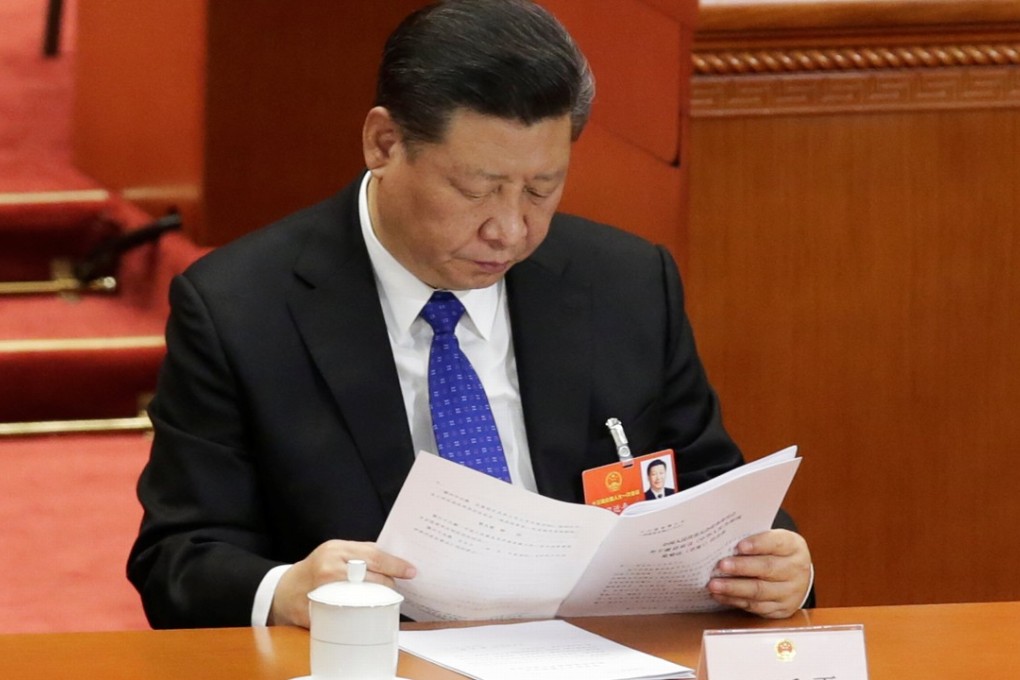Revealed: the far-reaching powers of China’s new super anticorruption agency
National Supervisory Commission ranks higher than Supreme People’s Court and top prosecutors’ office

Management teams at research institutes, public hospitals and schools as well as village officials will all come under the scrutiny of China’s new anti-corruption agency.
Details of the National Supervisory Commission’s (NSC) proposed operations emerged in a supervision law bill presented for discussion at the National People’s Congress on Tuesday, the day after the agency’s creation.
According to the bill, the new agency, ranked alongside the central government and above the judiciary, will monitor misconduct not only among the Communist Party’s 90 million members but also among managers of state-owned enterprises, hospitals, educational and cultural institutions, sports organisations and even village governments and research institutes.
The new agency will replace the party’s feared Central Commission for Discipline Inspection (CCDI) as the champion of President Xi Jinping’s sweeping anti-graft campaign, with its powers expanded but also more clearly defined.
The CCDI, the party’s top anti-corruption body, can already question and detain party members without charge. The new commission will have the same powers but they will be extended to cover all public servants and village officials.